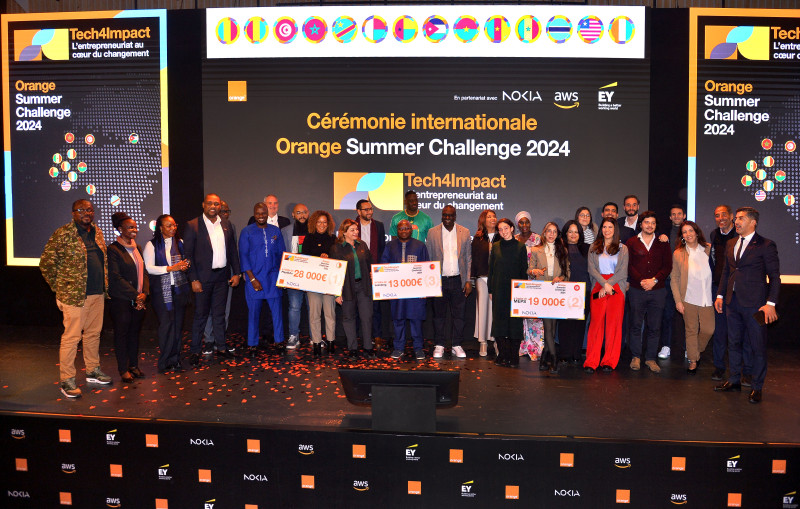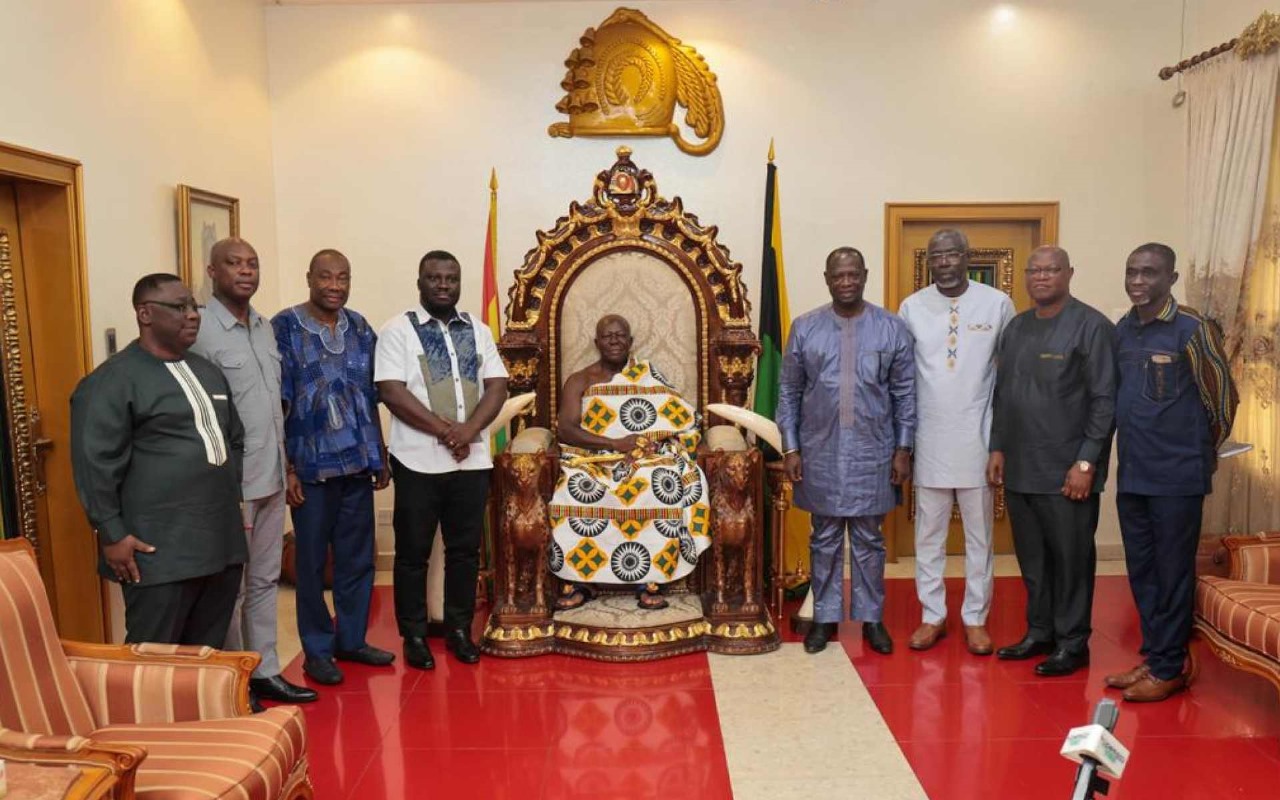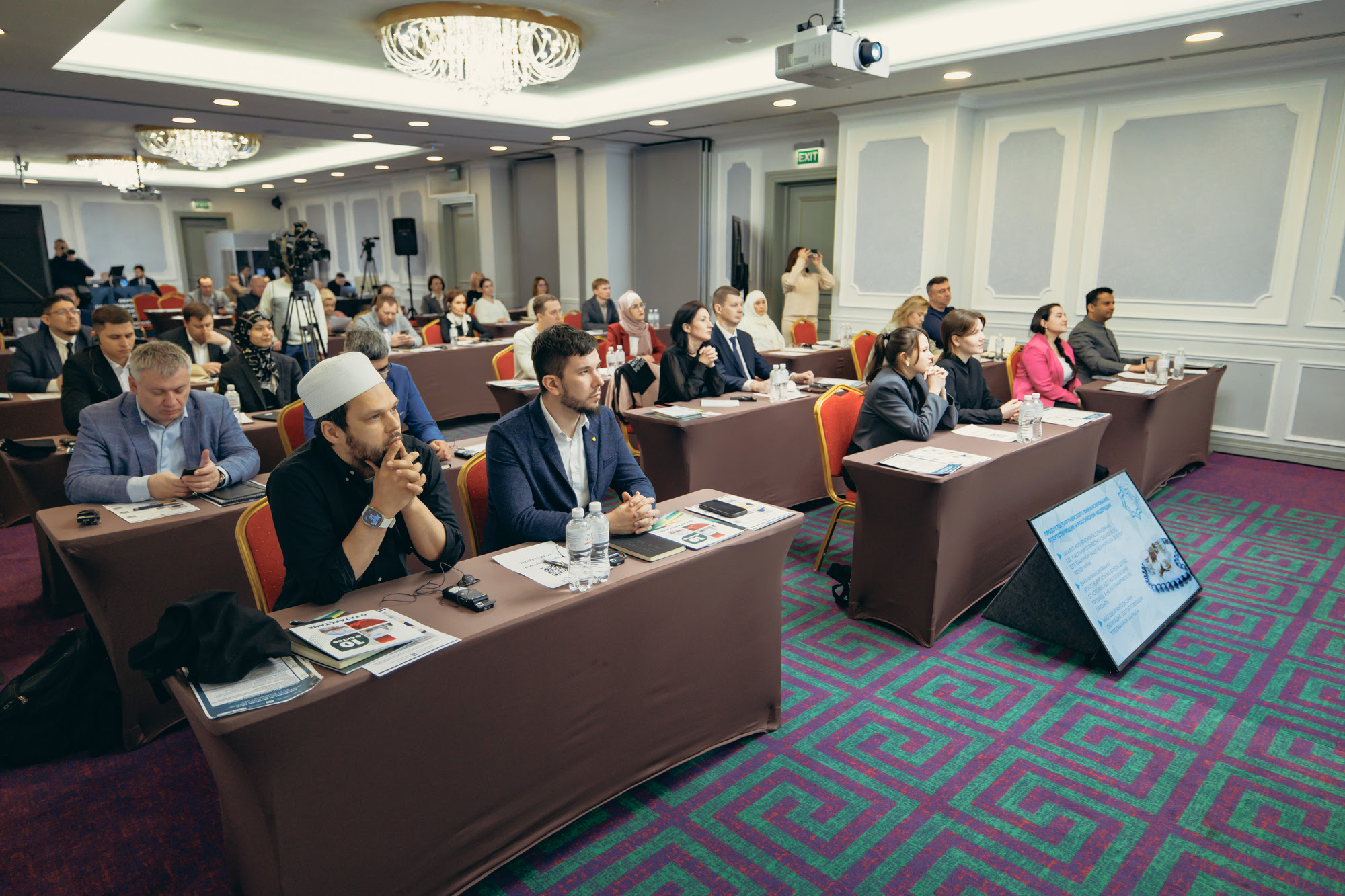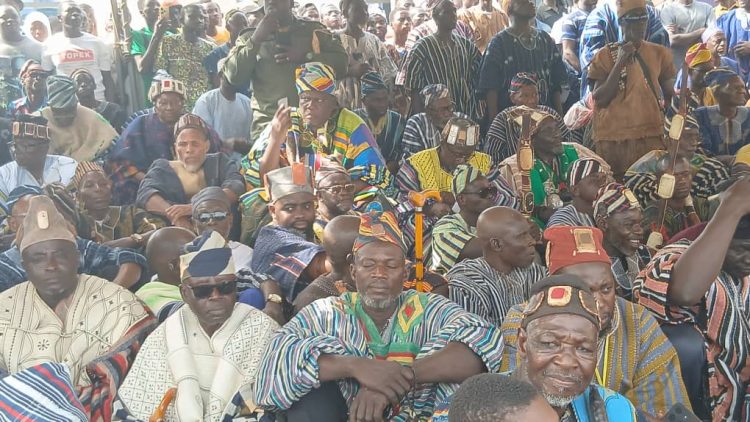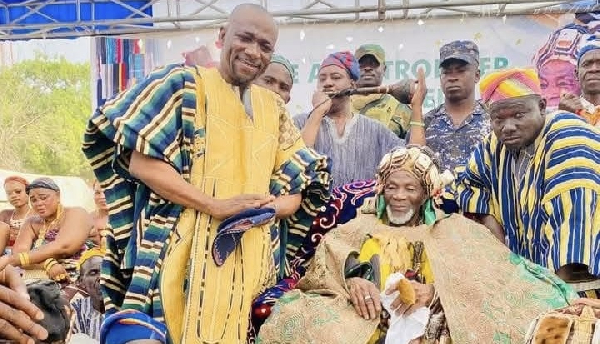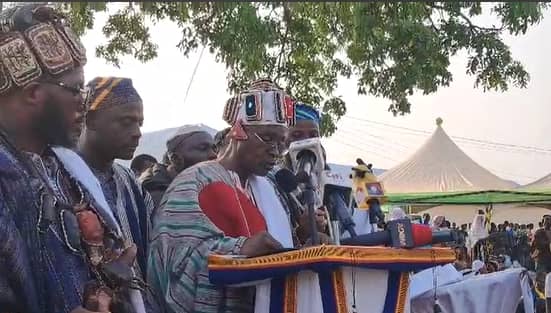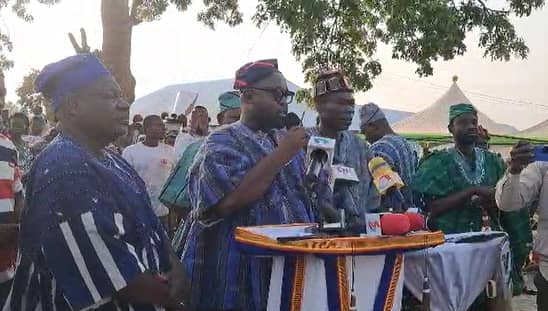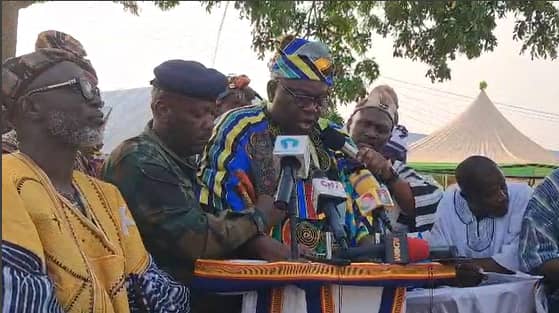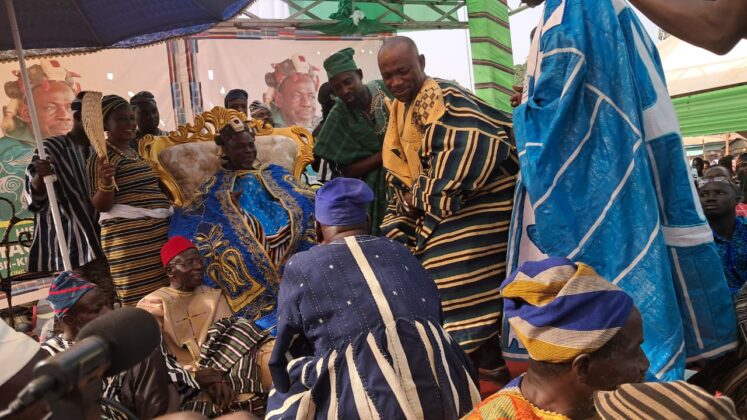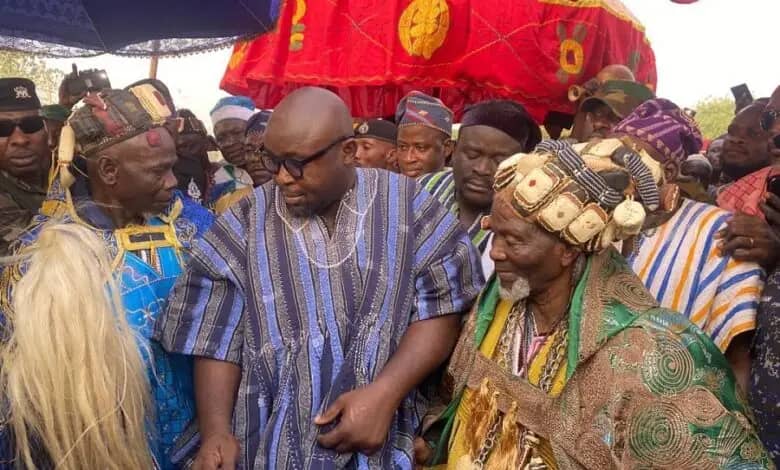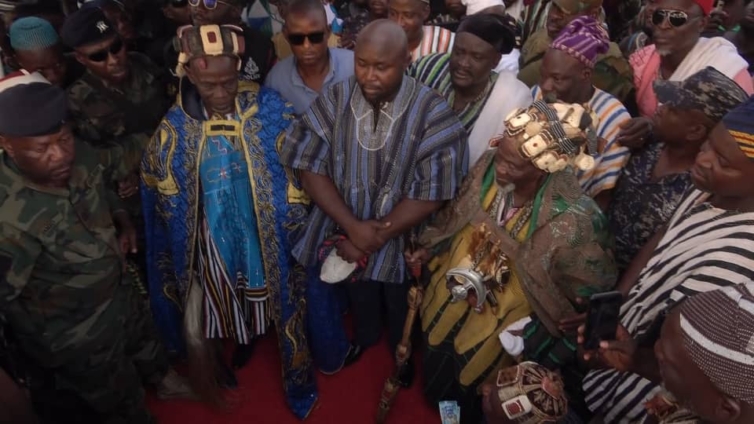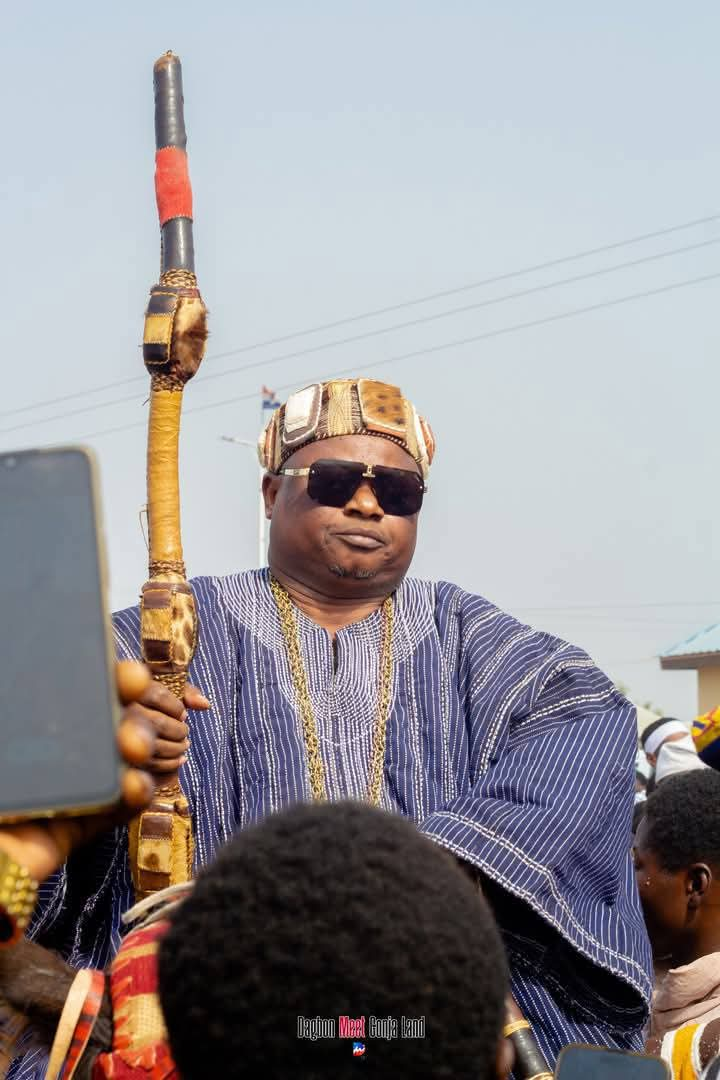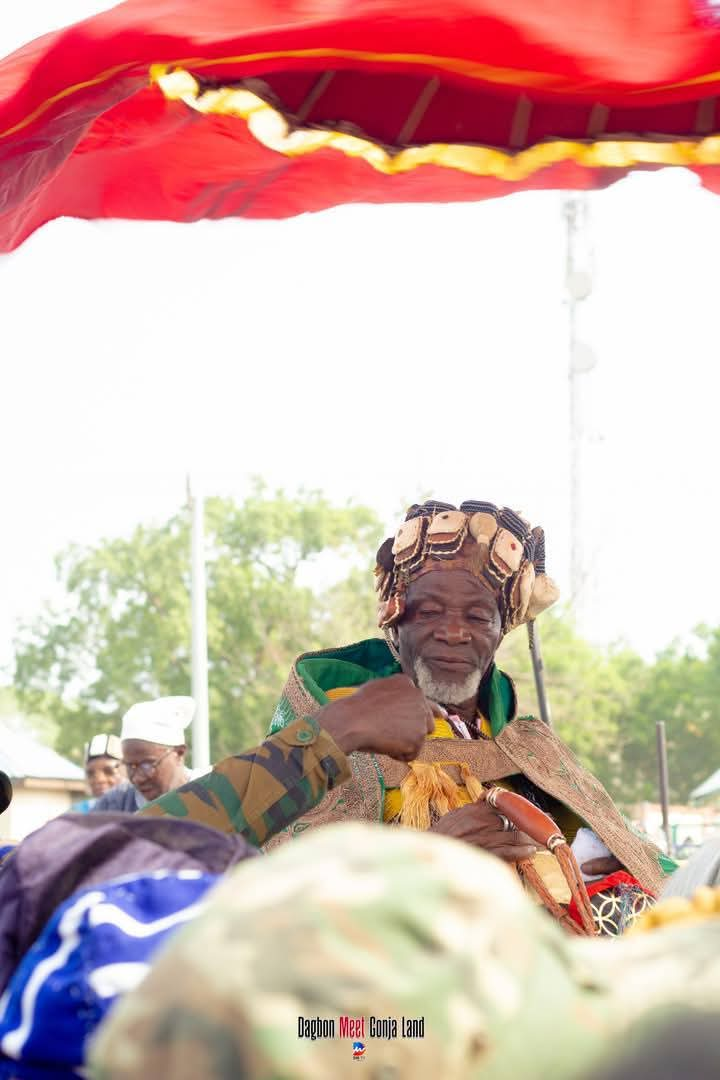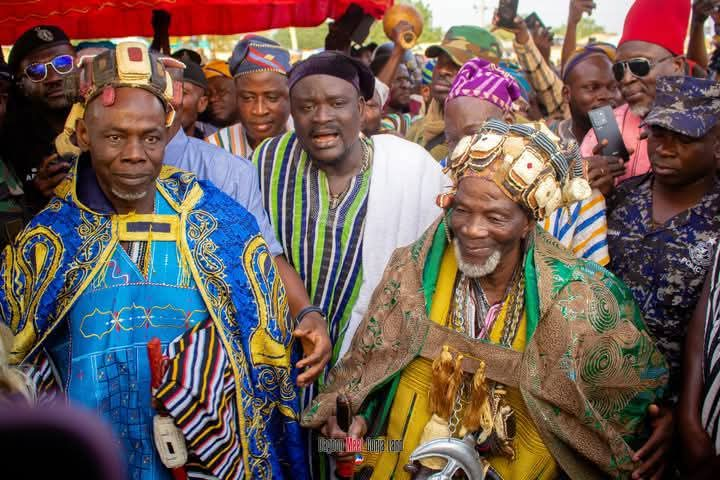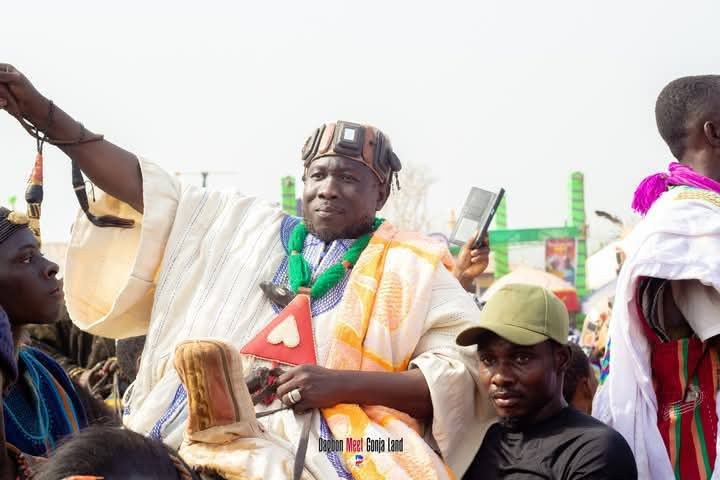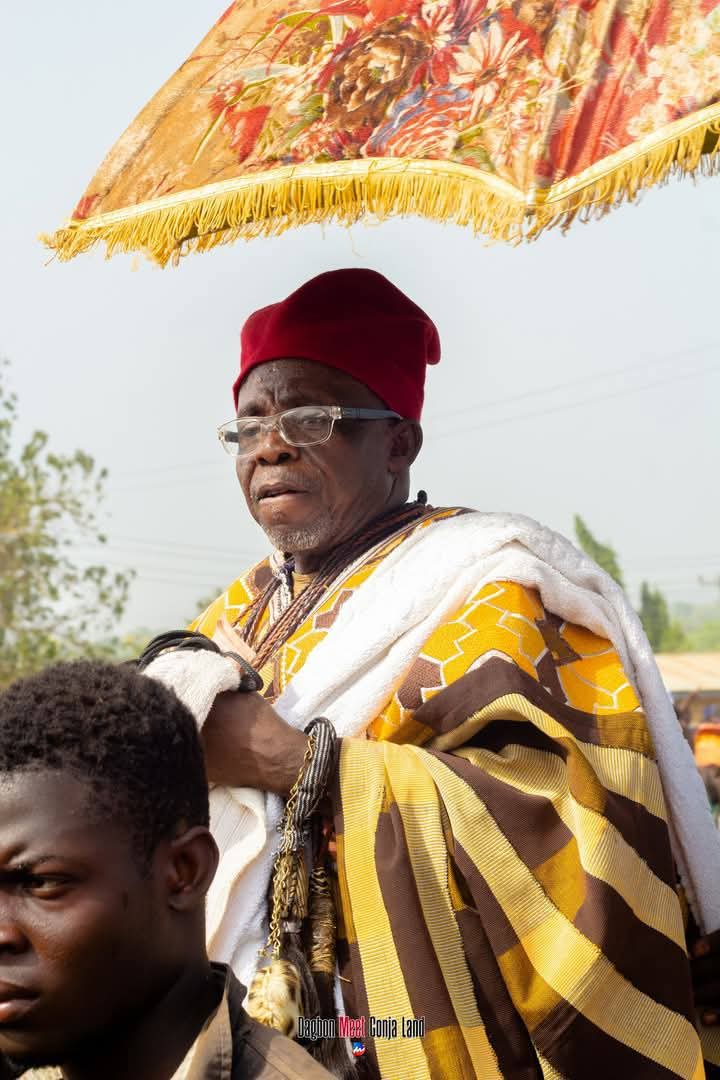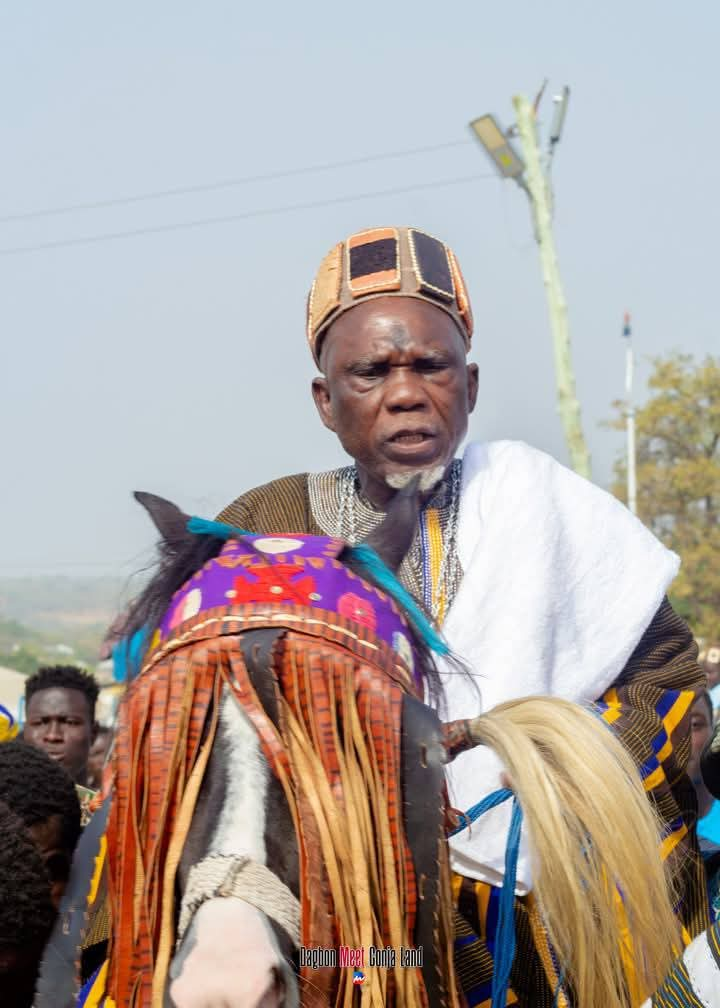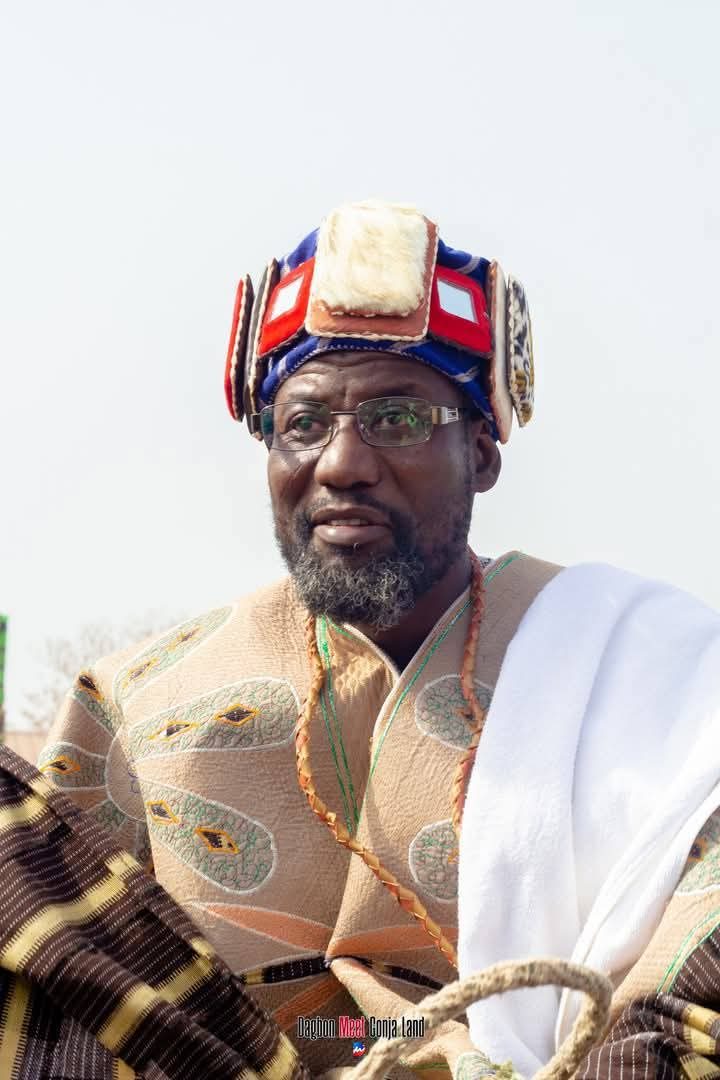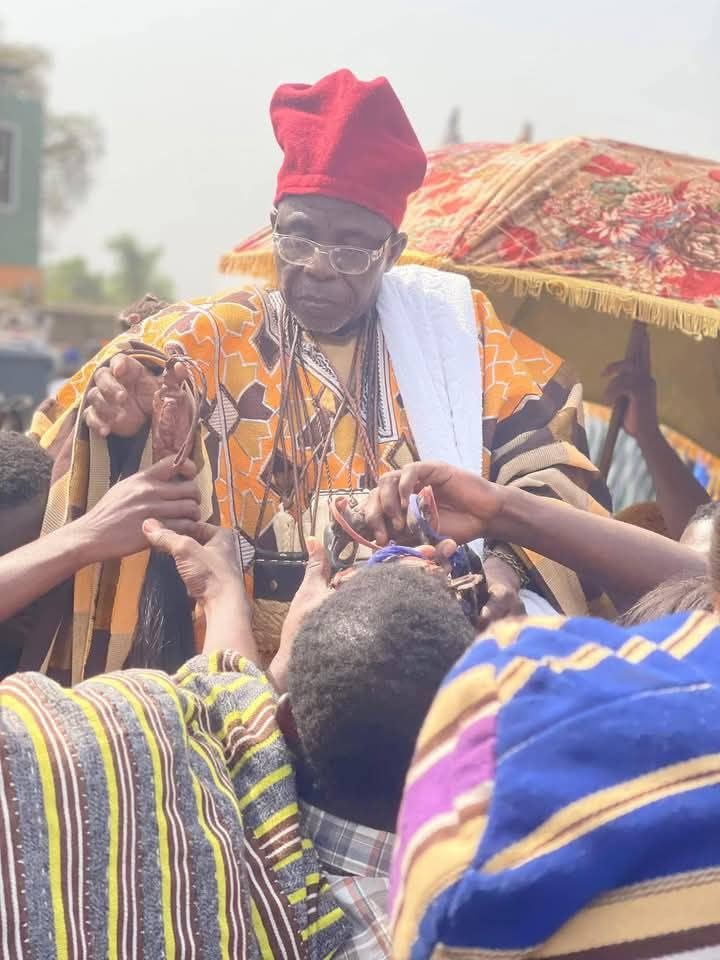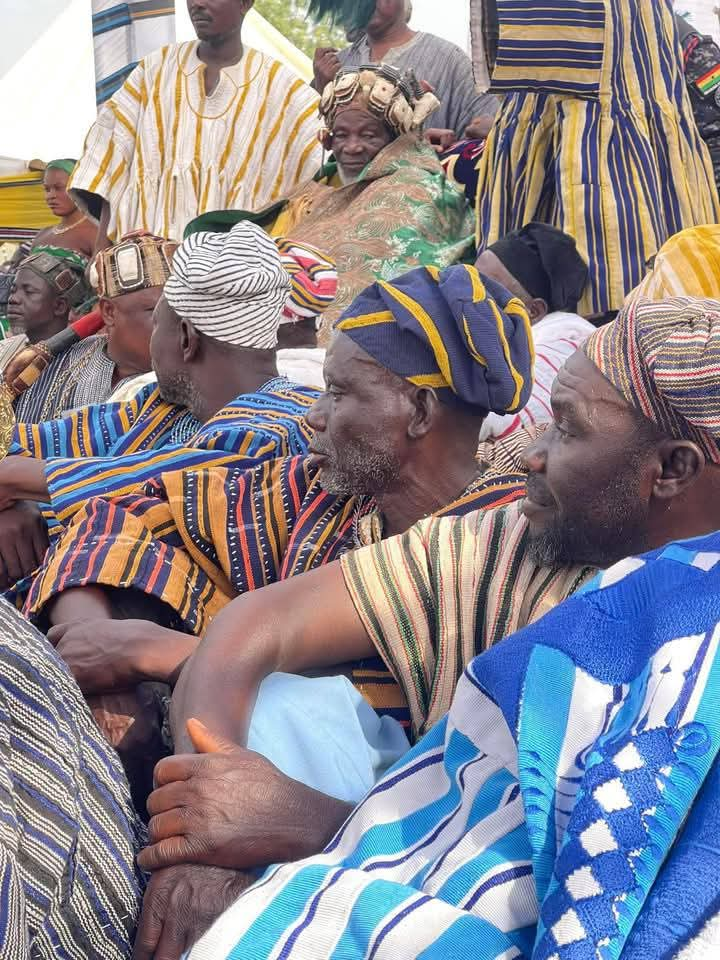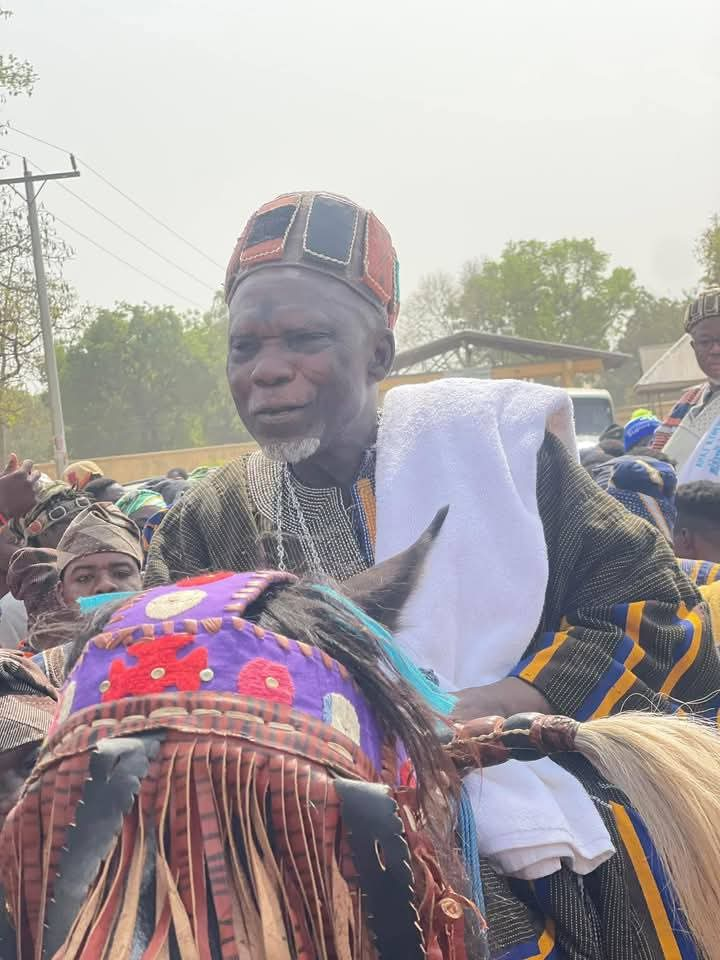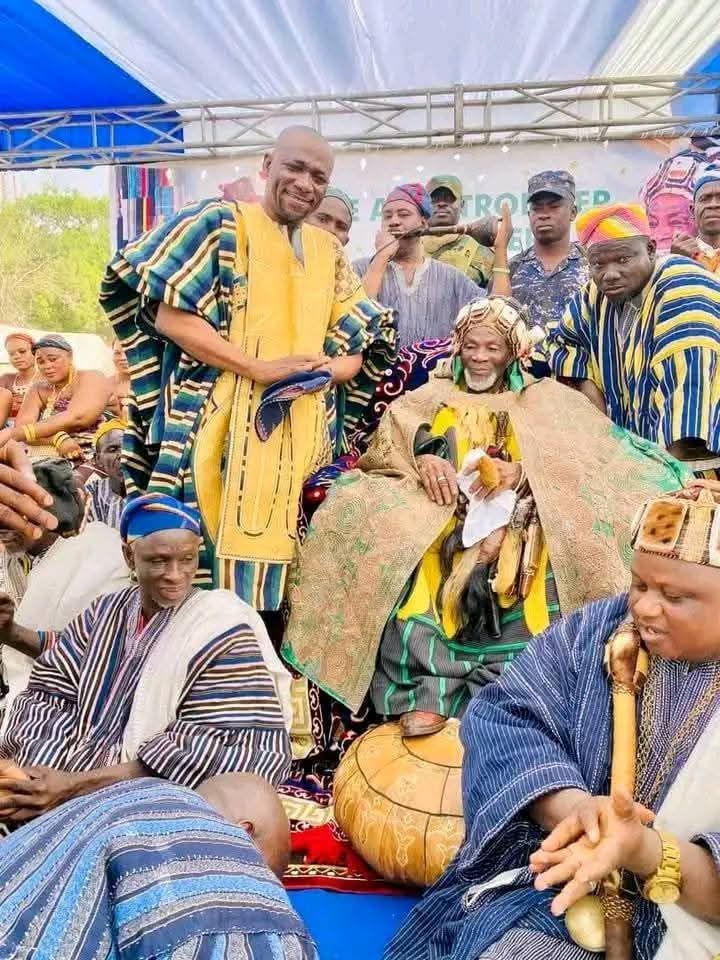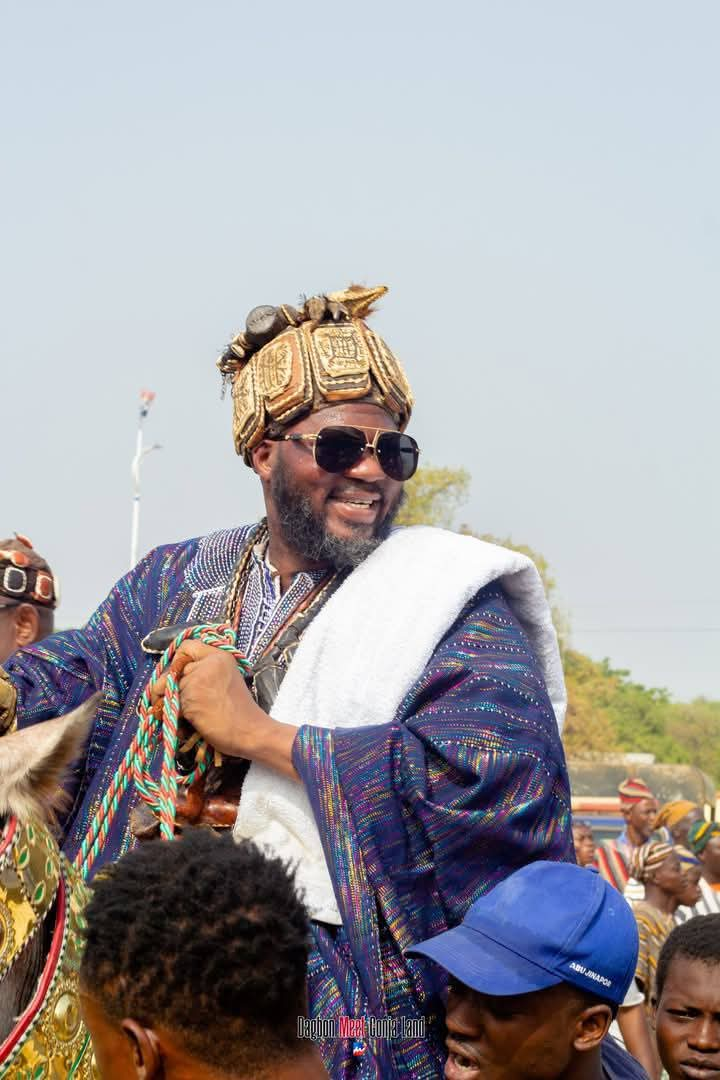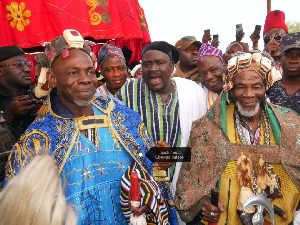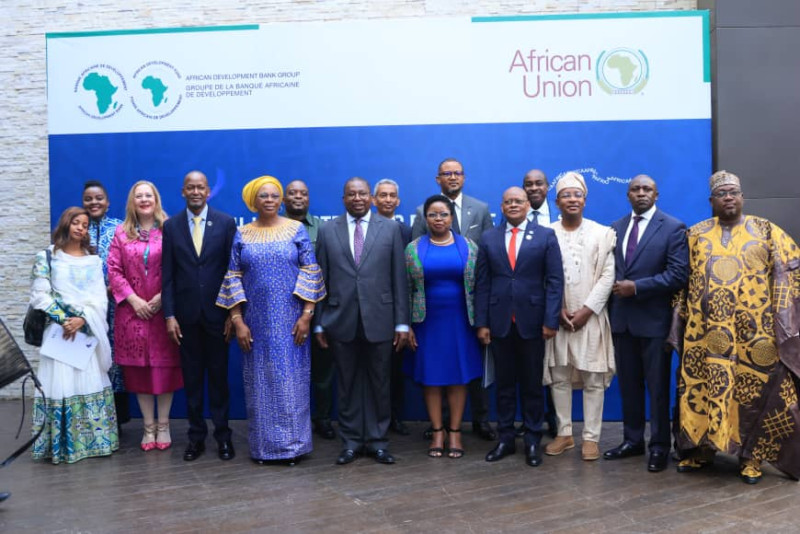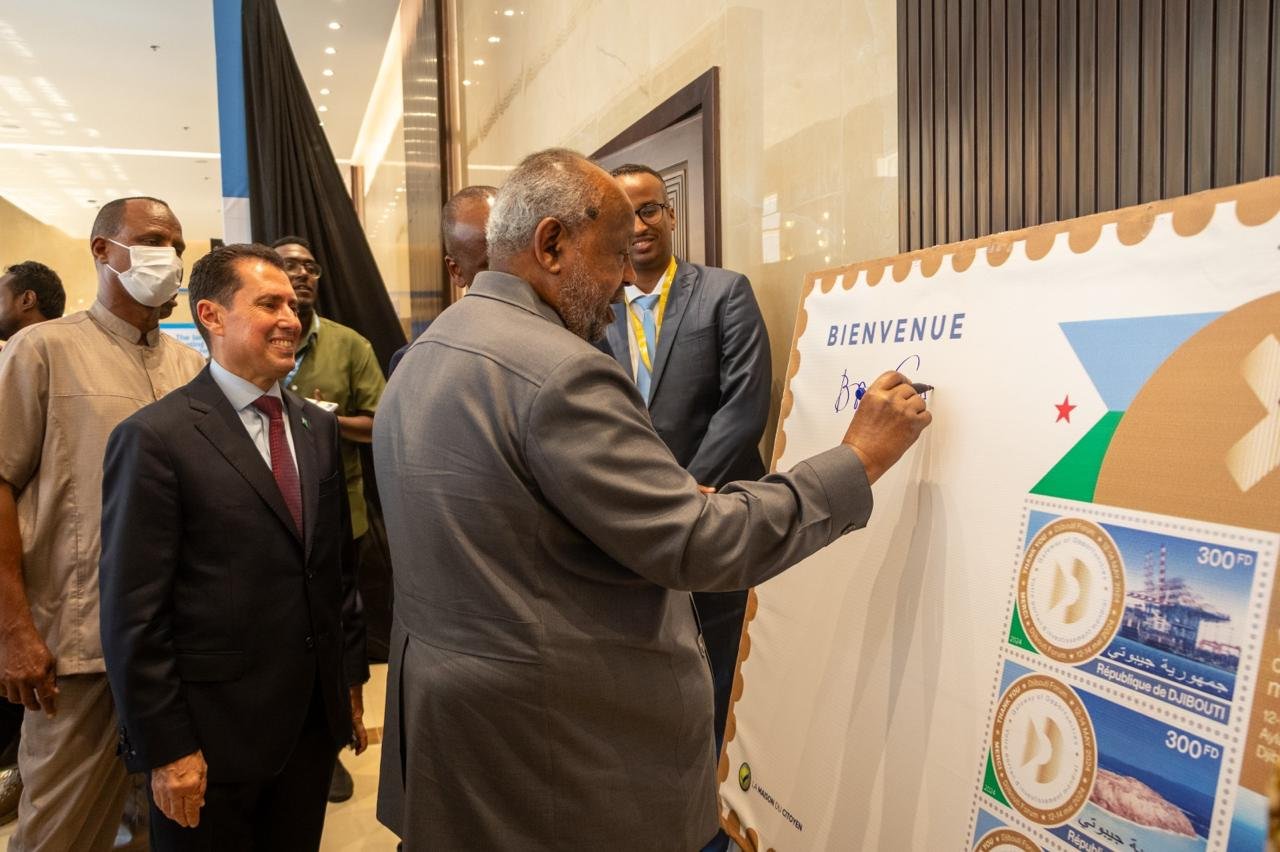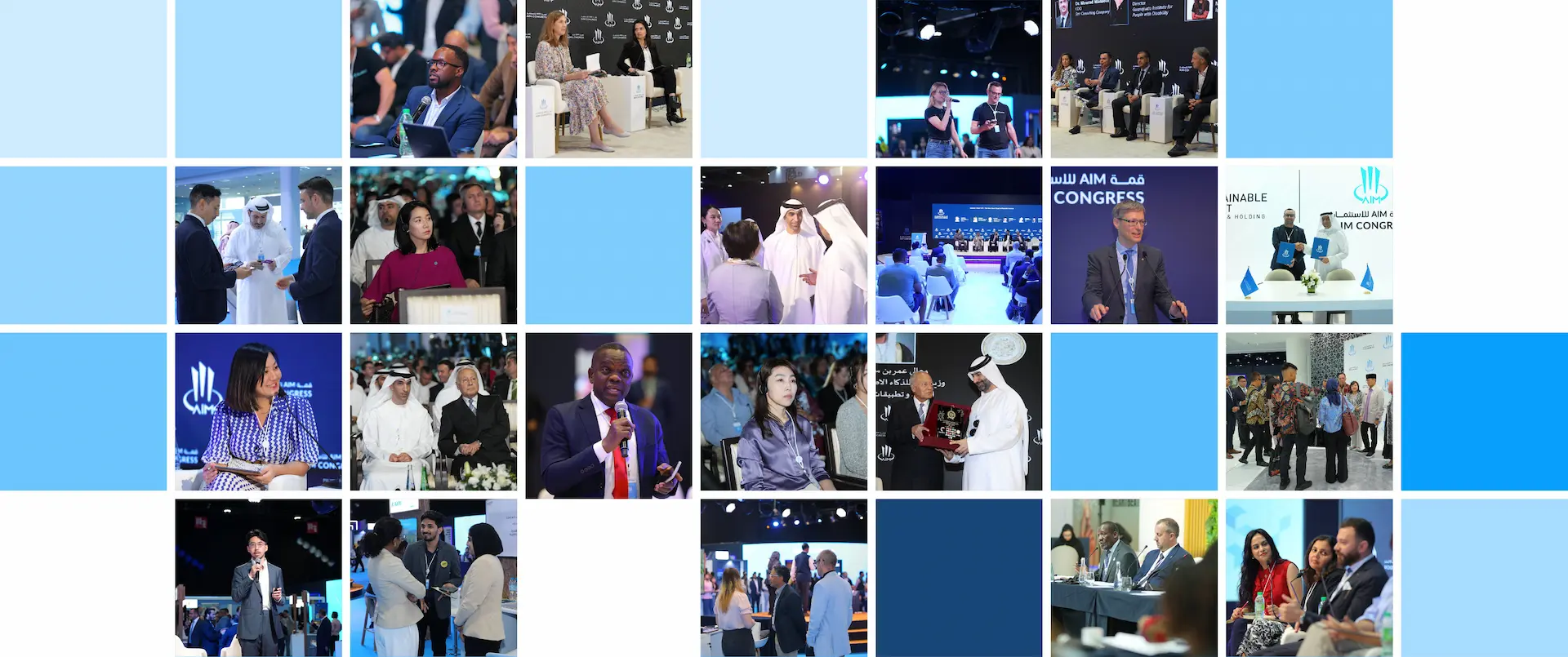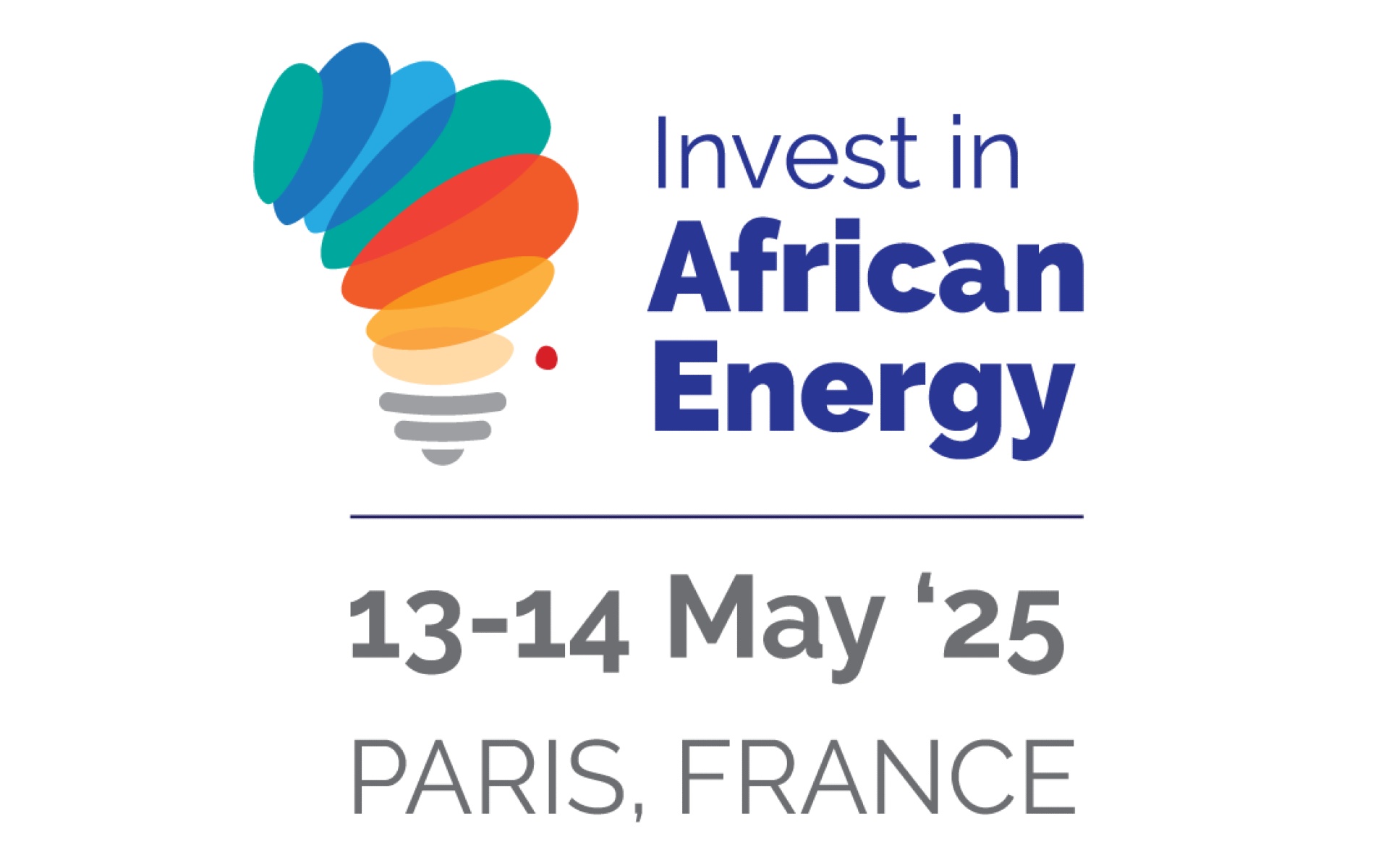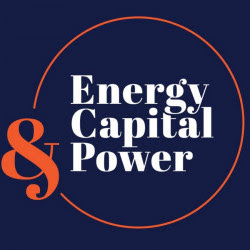Orange Summer Challenge: three months to turn an idea into a start-up
Created in 2011, the Orange Summer Challenge (OSC) is the flagship event of the network of Orange Digital Centers in Middle East and Africa (www.Orange.com). Its objective is to inspire young people to develop technology start-ups for the common good. The 2025 edition ended in Casablanca with an international ceremony that rewarded three promising projects.
For more than three months, 282 young innovators and entrepreneurs from 14 countries benefited from intensive support combining training, mentoring and coaching provided by experts from Orange and its partners: AWS, EY and NOKIA. Together, they have developed 57 start-ups on the Tech4Impact theme, offering solutions to the region’s environmental, health, educational and agricultural challenges.
A second international ceremony highlighting three impact start-ups
The award ceremony, held on February 20, 2025 in Casablanca, revealed the three winning start-ups, selected by an international jury and the votes of Orange employees in Middle East and Africa. The event brought together professionals, partners, media and stakeholders from the entrepreneurial and academic ecosystem. The winners of this edition are:
- 1st prize: Plastikoo (Madagascar) – Transforming plastic waste into sustainable building materials, reducing pollution while promoting the sustainable development of local communities.
- 2nd prize: MEPS (Tunisia) – IoT-integrated solution to convert organic waste into clean biogas and fertilizer, contributing to the energy transition.
- 3rd prize: Leevlong (Cameroon) – A medical remote monitoring device that allows real-time monitoring of vital signs, thus improving the management of patients.
The winners will receive financial, technical and commercial support from the Orange Digital Centers and their partners. NOKIA will award €40,000 to fund pre-incubation and incubation projects, while Orange will offer a €20,000 prize to support young talent engaged in these impactful initiatives.
Brelotte Ba, Deputy CEO of Orange Middle East and Africa, praised the evolution of the Orange Summer Challenge and the involvement of young people: “For 15 years, the Orange Summer Challenge has accompanied thousands of young talents in their entrepreneurial adventure. This new edition once again illustrates the capacity of African and Middle Eastern youth to innovate and respond to the societal challenges of our continent. Congratulations to the winners and all participants for their commitment and creativity.”
Sarobidy Nombatsitoha, Founder of Plastikoo, the first-prize winning start-up, expressed his joy and gratitude: “A dream come true! When I imagined Plastikôo, I never thought that this project would go so far. We put all our heart, gave our best, without really expecting such a result. With so many beautiful projects, this victory is a great source of pride. Congratulations to my team!”
Orange, a committed player for technology entrepreneurship and digital inclusion
True to its mission of digital inclusion and innovation, Orange develops training and support programmes to promote youth employment and the development of start-ups in Africa and the Middle East. The Orange Social Ventures in Middle East and Africa (OSVP) has supported impact entrepreneurship since 2010 with 55 major winners. The Orange Digital Center program, which will celebrate its 15th anniversary in 2025, has already trained 1.2 million beneficiaries free of charge in the region and supported hundreds of start-ups.
Press contact:
Stella Fumey stella.fumey@orange.com
Anita Oyono anita.oyono@orange.com
